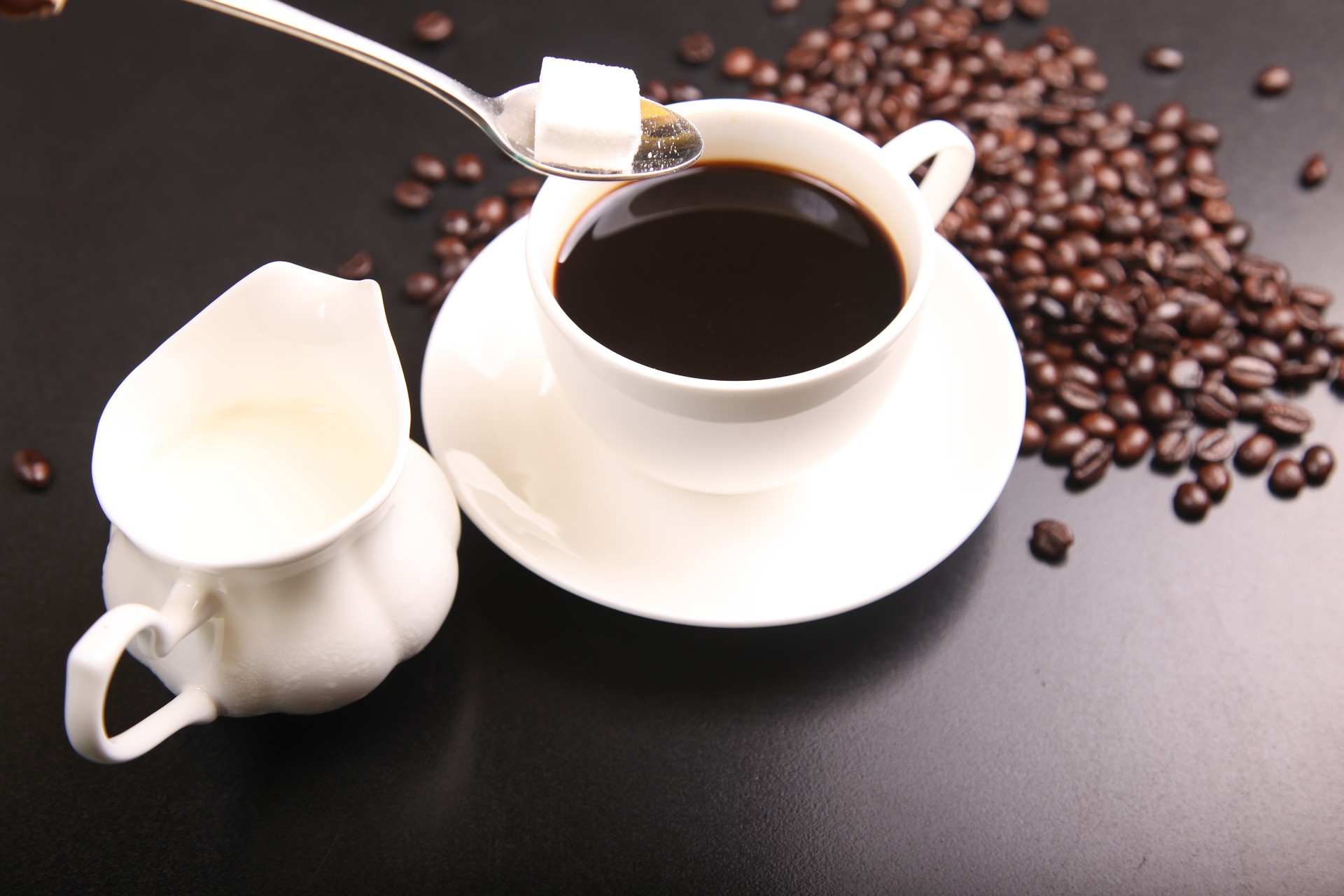You will hardly meet a person today who has never heard about a poor diet of westerners high in carbohydrates and especially in sugar. There are so many people struggling with obesity today that many manufacturers have been using artificial sweeteners in their products since the previous century.
The most popular artificial sweeteners one can find today are sucralose, aspartame and saccharin. These substances have a more intensive sweet taste which allow people to use them in very small amounts in order to gain the sweetness of the food they need. Even if you use them in a large amount, you will still add hardly any calories to the dish or a drink since these substances are free from almost any nutrition value.
This is obvious why artificial sweeteners are so widespread. Yet, the fact they are almost free from calories does not mean they are safe. There are have already been several controversial things about such substances and now UK researchers revealed one more issue regarding these widespread food additives.
Open issues concerning artificial sweeteners
Previously, some researchers have found that, albeit featured with an extremely small amount of calories, artificial sweeteners can still cause problems with the sugar level in blood because of their particular nature intervening into the insulin production. Actually, some doctors do not advise consuming such substances as an alternative to sugar.
Another issue concerning popular artificial sweeteners is the fact they can be harmful for liver. on top of that, some scientists believe these substances can also be carcinogenic.
The microbiome of our guts
Regardless of whether the previous controversies are true or not, there has been a discovery of the connection between gut bacteria and artificial sweeteners.
You might have already heard about various types of bacteria living in the guts of humans. Actually, the bacteria naturally present in this organ are very much needed for our health. Some of these bacteria, for example the species of the milk fermentation are generally safe for us. We are consuming them with food and they are getting into the intestines through the digestion tract if they manage to survive the contact with the acids in our stomach. Yet, they are not causing any trouble while they are outside our guts.
There are also other species such as E. faecalis (Enterococcus faecalis) and E. coli (Escherichia coli) which are needed in the gut, however, outside this organ, they can cause serious infections and a rather dangerous health condition.
The effect of artificial sweeteners on the gut bacteria
The research conducted by UK scientists revealed that regular consumption of artificial sweeteners can trigger serious changes in the biology of the second group of bacteria described above.
The reaction between such substances as aspartame, saccharine or sucralose increase the formation of biofilms. Biofilms are entire clusters of bacteria which are producing larger amount of toxins. These toxins make the adhesion of bacteria more effective. the toxins are also making the bacteria more resistant to antibiotics. In addition to that, the researchers have discovered the ability of some bacteria to actually damage and destroy the Caco-2 cells. These cells are building the line of the intestine wall. As a result, these bacteria are able to invade other cells of our bodies.
For example, the E. faecalis bacteria become more capable of crossing the gut and getting inside the blood stream. As you can imagine, this is a potentially lethal condition as it triggers sepsis or blood poisoning (septicaemia).
Furthermore, such bacteria are capable of accumulating in other organs of our bodies, for instance in spleen, lymph nodes and liver.
Undeniably, the discovery needs further research, however, so far, you can try one more alternative to sugar – stevie which is a natural sweetener with a very low glycogenic index.

